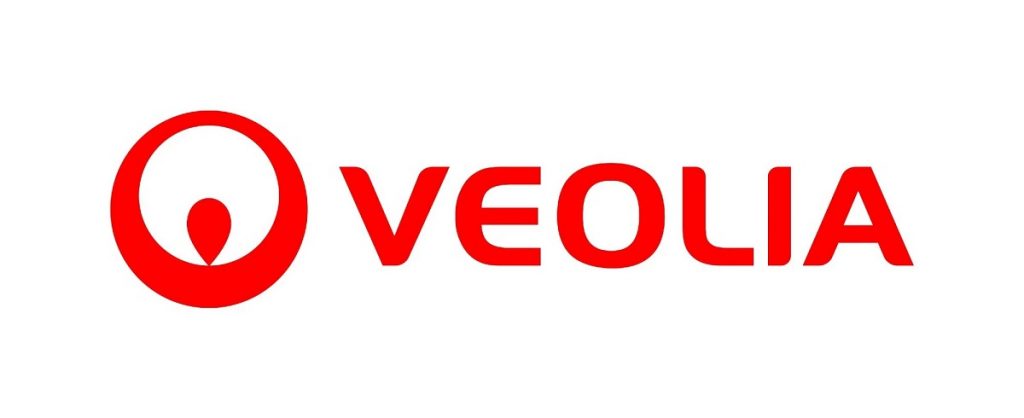Veolia Carries out Unprecedented Campaign to Detect Regulated PFAS in Drinking Water and Deploys its Action Plan

Veolia announced it has launched an unprecedented national measurement campaign aimed at analysing, on all the drinking water production sites it operates in France, the content of regulated PFAS. Recently, the Group shares its first results.
Launched by Veolia last November, before the obligation for health authorities in 2026 to systematically include these parameters in their routine controls, this campaign concretely translates the accelerated application in France of the European directive relating to the quality of drinking water.
The aim is to establish, on the basis of the quality thresholds in force since 2023, a general assessment of the possible presence of regulated PFAS in drinking water. It also aims to support local authorities, where necessary, by proposing necessary solutions to meet the new quality requirements.
To date, this campaign has already been carried out for 2⁄3 of the drinking water production sites managed by the Group, which cover 15 million French people served, or almost a quarter of the population. The compliance with the new PFAS standards in drinking water is attested for 99 per cent of these contracts. Finalised before the summer of 2024, the campaign will also contribute to collecting practical knowledge on managing these pollutants in France and sharing them with health authorities.
For the few contracts where a situation of non-compliance with new water quality standards has been spotted, the Group immediately alerted the regional health agencies (ARS) and local authorities and proposed tailor-made action plans to make the right diagnosis and implement the appropriate treatment. Particular attention was paid, in cooperation with local authorities, to informing customers. Thanks to the proposed solutions, half of the affected contracts are now in compliance, and the action plans are still in progress for the rest.
Veolia has cutting-edge know-how to treat regulated PFAS in drinking water thanks to its research and development capabilities and its operational expertise in the context of projects carried out worldwide, particularly in the United States and Australia. These include activated carbon and membrane-based technologies, already used on some sites in France. The implementation time of these processes varies depending on the complexity of the pollution, but the first measures can be implemented in most cases within a few months.
The discovery of new emerging pollutants by the evolution of scientific knowledge and the standards have been part of environmental history for decades; this was the case for nitrates, pesticides, and other contaminants. Progress in surveillance enhances the ability to find solutions and allows it to go further in health protection. Thanks to its global expertise and its culture of research and development, Veolia positions itself as a leader in contributing to decontaminating and preserving the environment.
“Today, the state of science has made it possible to establish standards for these emerging pollutants, we wanted to perform an early evaluation of the drinking water we manage, in order to minimise the risks to public health. It is essential to tackle the problem head-on, as we have done for other pollutants in the past and as we will do for future pollutants”, said Estelle Brachlianoff, CEO of Veolia. “The solutions are at hand. Our expertise developed internationally allows us to meet the needs of French municipalities and position France at the forefront of strengthening water quality in Europe.”
